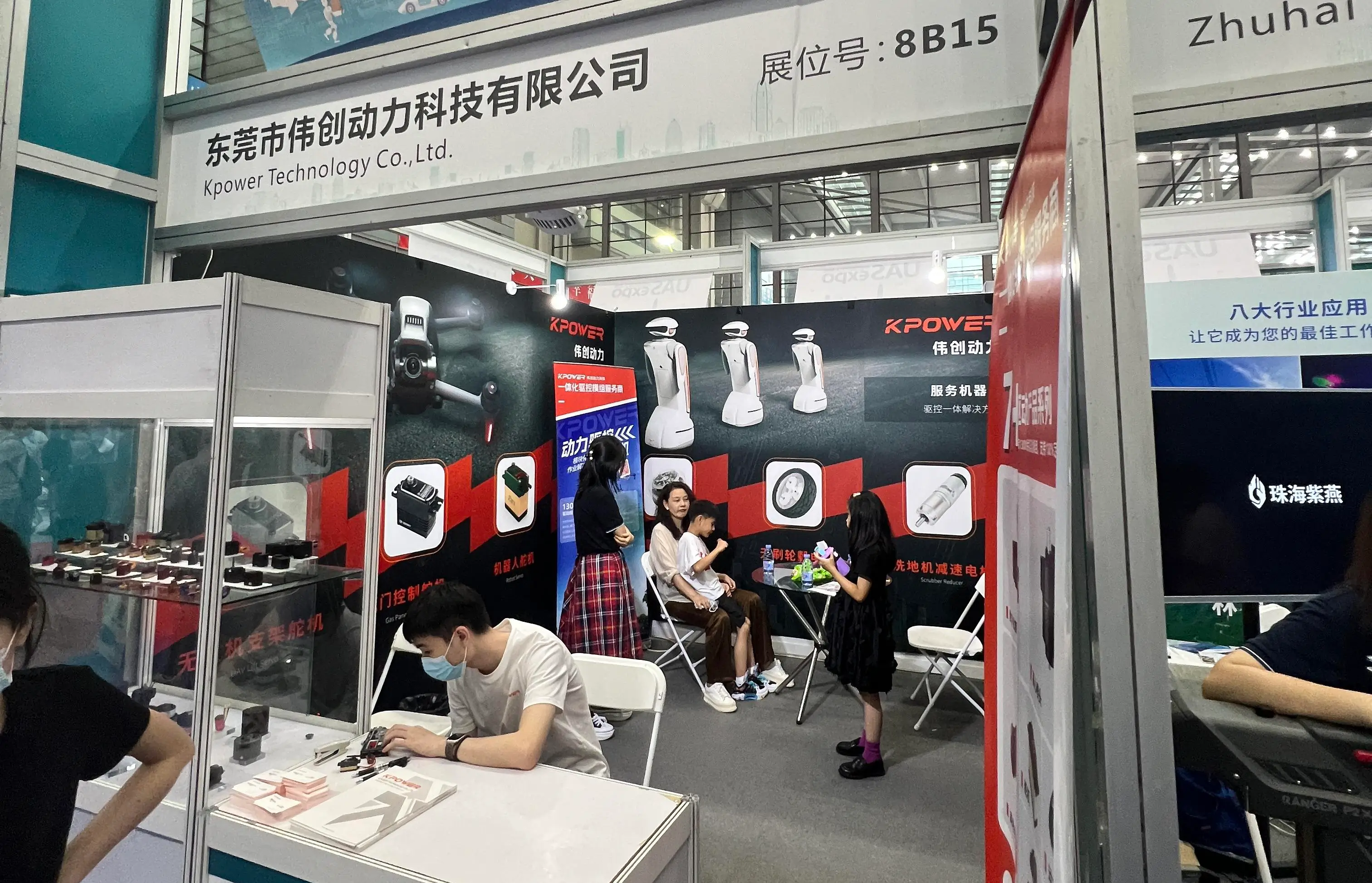When it comes to choosing the perfect motor for your project—be it robotics, manufacturing automation, or hobbyist ventures—the geared DC motor often emerges as an all-star contender. Its unique ability to deliver controlled torque, precise speed regulation, and efficiency makes it a favorite across diverse applications. But one question that often pops up, especially among newcomers and seasoned engineers alike, is: How much does a geared DC motor really cost?

Understanding the pricing landscape of geared DC motors requires diving into a mixture of technical specifications, quality considerations, and market dynamics. First, let’s unpack what exactly a geared DC motor is and why its price varies so much from one model to another.
What is a geared DC motor? At its core, it’s a standard DC motor equipped with a gear train—either single-stage or multi-stage—that reduces the motor’s high rotational speed to a more manageable, lower speed with increased torque. Think of it as turning a fast-spinning wheel into a steady, powerful spinning force suitable for precise movement or heavy-duty tasks. These gear trains are typically housed in a compact casing attached directly to the motor, making the entire unit versatile and space-efficient.
Factors influencing the price of geared DC motors Several elements come into play when determining how much a geared DC motor costs:
Motor power and size: Larger, more powerful motors naturally command a higher price. For example, a small 6V, 50mA motor may cost just a few dollars, whereas a robust 24V, 10A motor could be several hundred dollars. The power rating correlates with metal quality, winding thickness, and overall build complexity.
Gear ratio and type: The gear ratio directly affects the torque output and speed reduction—higher ratios mean more torque but also more complex and precise gear assemblies, which add to the cost. Additionally, the gear type (spur, planetary, worm, etc.) influences pricing. Planetary gears, known for their durability and efficiency, tend to be pricier than simple spur gears.
Material quality: Premium materials such as hardened steel gears or carbon brushes dramatically increase durability but also elevate costs. Cheaper models may use plastic gears, which are suitable for light-duty applications but may wear quickly in demanding environments.
Precision and customization: Motors crafted for high-precision tasks or customized specifications—such as specific voltage, torque curve, or mounting—often carry premium prices. This is typical in industry-grade motors tailored for robotics or aerospace uses.
Brand reputation and origin: Well-established brands with a reputation for quality assurance usually set higher prices, but that often translates to longer lifespan and reliability. Conversely, generic or lesser-known brands may offer lower prices but risk longevity and performance.
Quantity and sourcing: Bulk purchasing or sourcing from large distributors can secure better prices. Conversely, buying a single unit from a specialized supplier might be costlier due to economies of scale.
Pricing Ranges and What to Expect Understanding general price brackets helps set realistic expectations:
Budget/Entry-Level: For small, low-power geared DC motors suitable for hobby projects or non-critical applications, prices typically range from $5 to $20. These are often mass-produced with plastic gears and modest torque specifications.
Mid-Range: For more robust, reliable motors used in automation, robotics, or light industrial tasks, you might spend between $20 and $100. These usually feature metal gears, better materials, and moderate customization options.
High-End/Industrial: Heavy-duty geared DC motors capable of handling substantial loads, high precision, or specialized environments can cost anywhere from $100 to over $500 per unit. They often include features like sealed housings, high-quality bearings, and long warranties.
This overview provides a foundation; however, pricing also varies depending on market conditions, regional differences, and technological advancements. To help you make an informed choice, it’s essential to understand how these factors interact and how to balance performance with cost.
Market Dynamics and Trends In recent years, the advent of more efficient manufacturing processes and competitive Chinese manufacturing has made many geared DC motors more accessible than ever before. Chinese brands, for example, offer models at a fraction of the price of Western counterparts, though buyers should pay close attention to quality certifications and user reviews.
On the other hand, there’s a move towards integrating smart features into motors, such as fold-in sensors and communication interfaces, which can add to the basic cost but offer significant benefits in automation and precision control.
What Should You Keep in Mind? While price is undeniably a key factor, it should never be the sole criterion. A cheaper motor may save money upfront but could lead to higher costs down the line due to failure, inefficiency, or the need for frequent replacements. Conversely, investing in a slightly pricier but higher-quality geared DC motor often pays off through durability, performance, and lower maintenance costs.
In the next part, we’ll explore how to evaluate your specific needs, find the right balance between price and quality, and where to look for the best deals suited to your application. The goal is to empower you with insights that help you buy smart, avoid pitfalls, and ensure your project runs smoothly.
Leveraging innovations in modular drive technology, Kpower integrates high-performance motors, precision reducers, and multi-protocol control systems to provide efficient and customized smart drive system solutions.




































